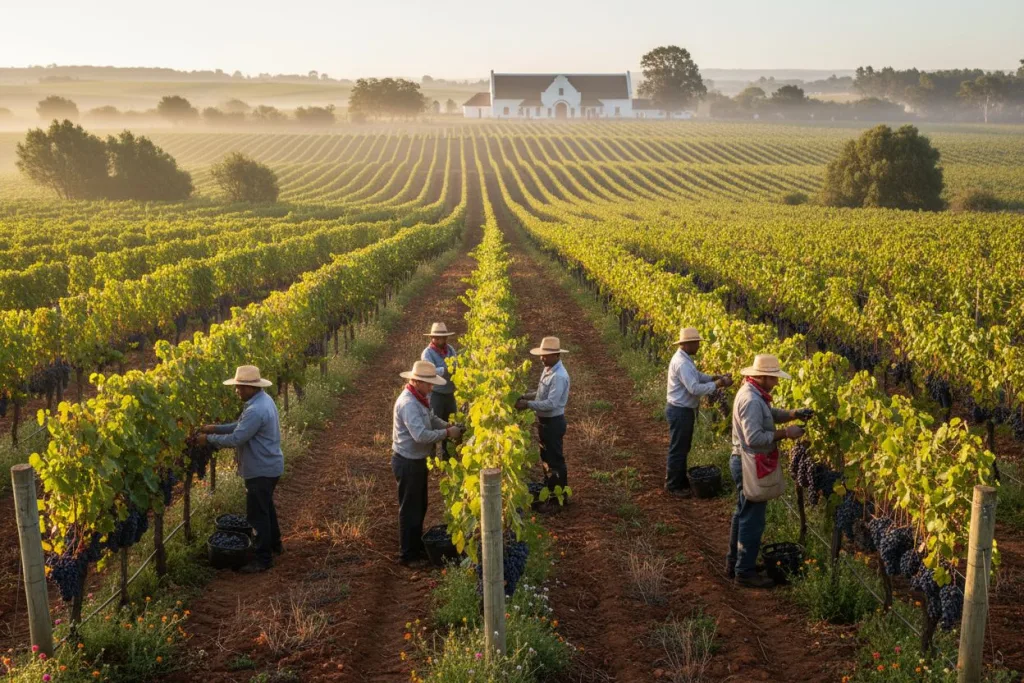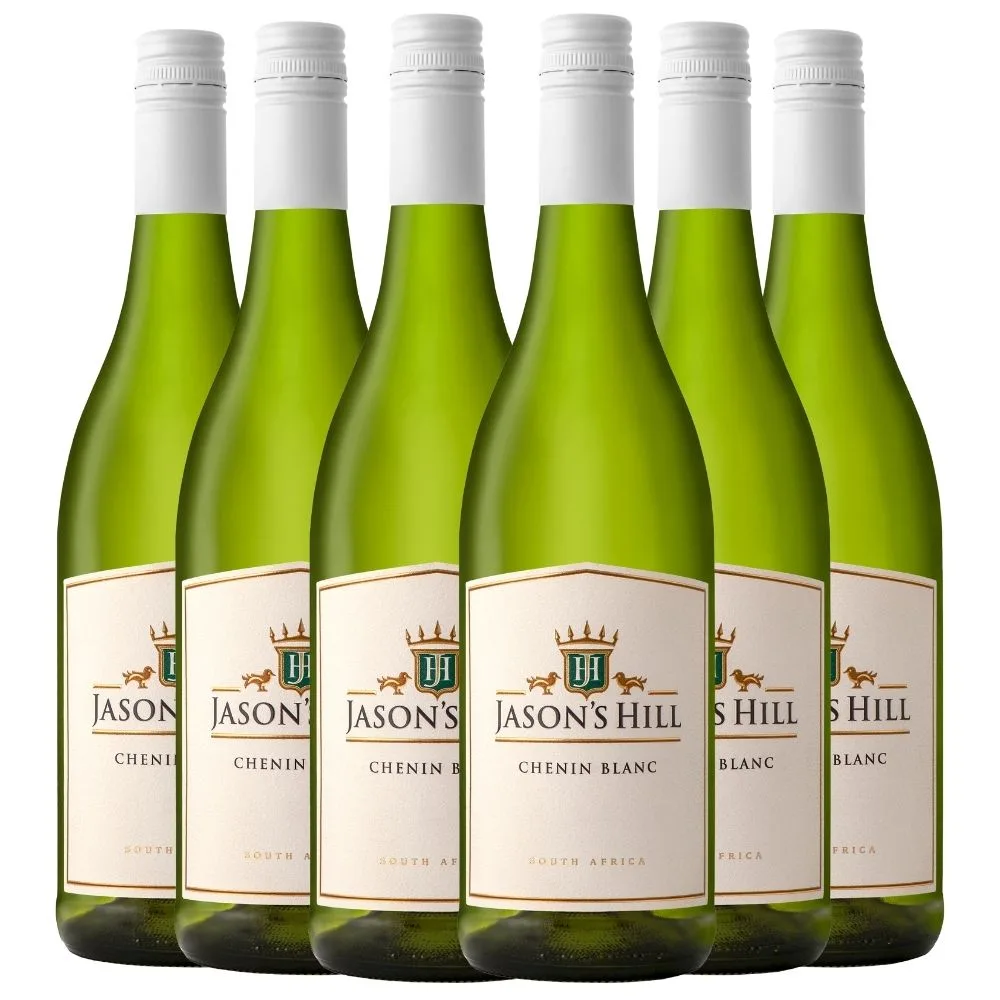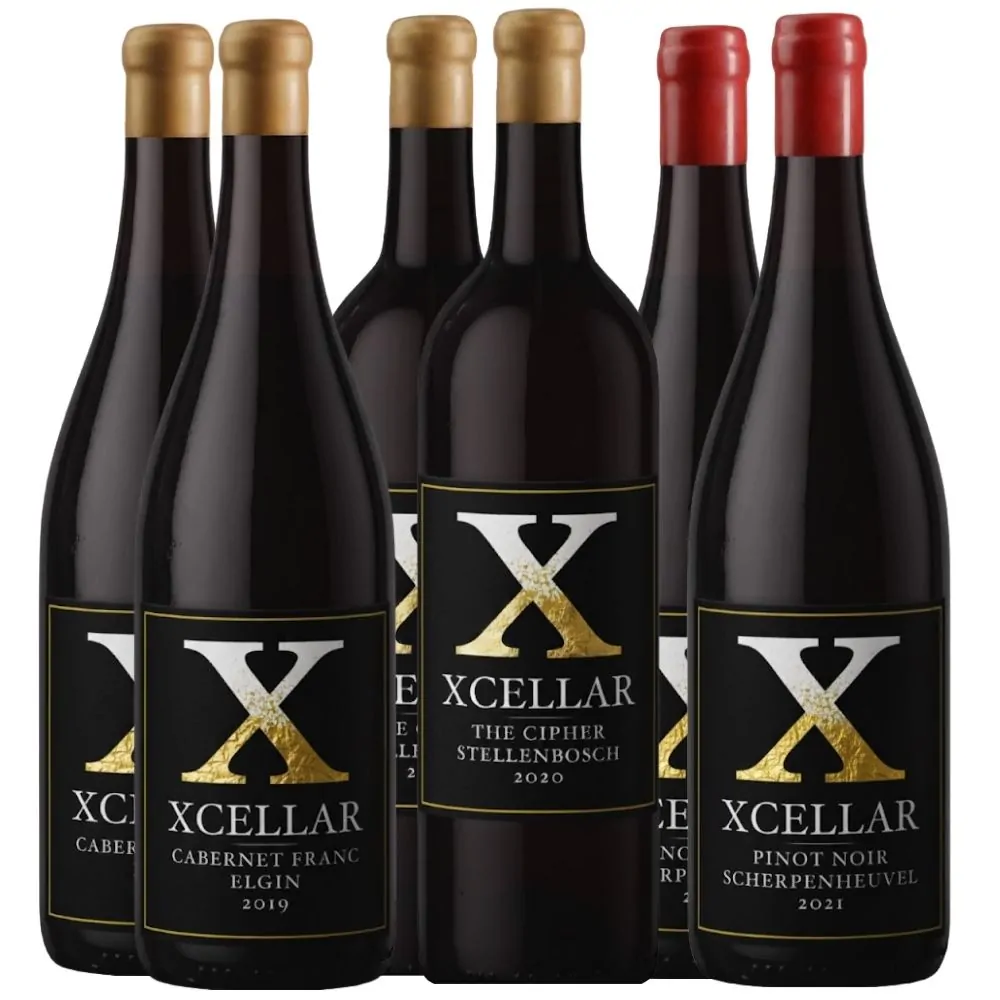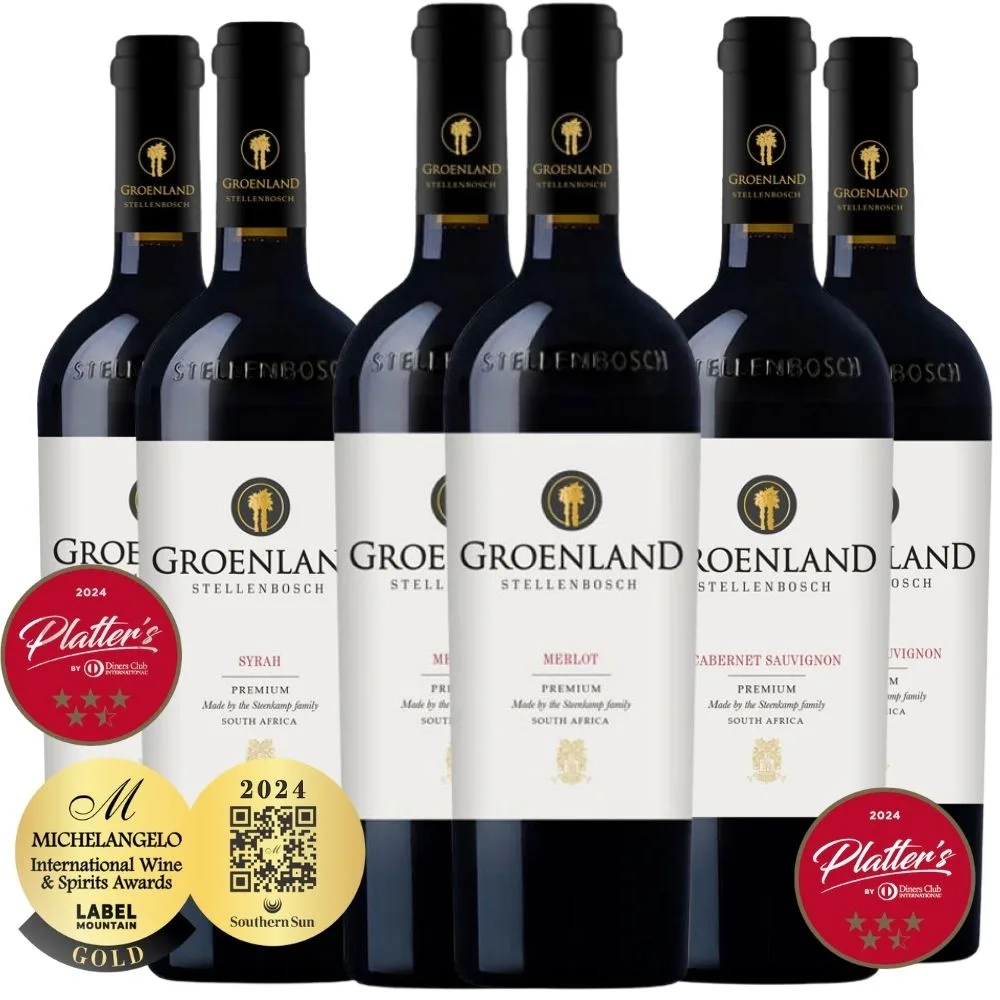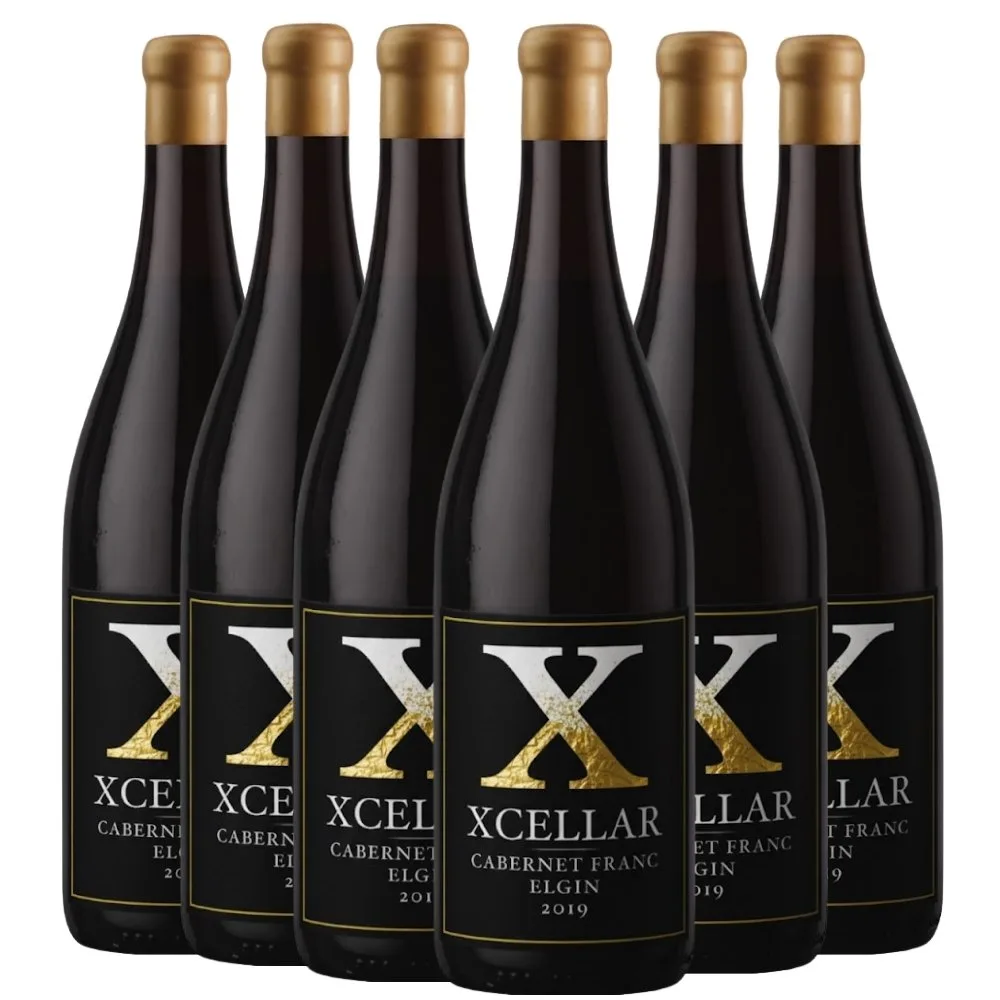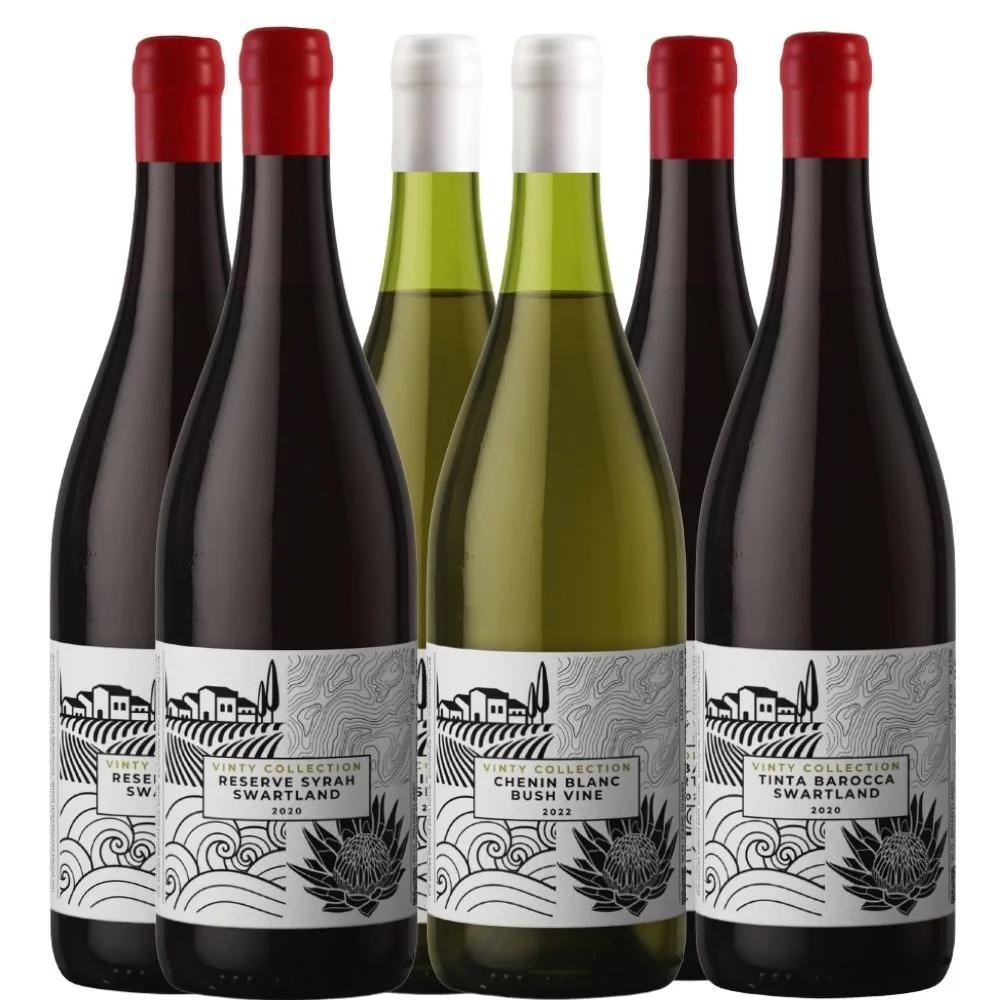Did you know that South Africa has more than 1,800 registered single vineyard sites, each with its own story to tell? Single vineyard wines capture the true soul of a specific place, offering wine lovers a taste of one moment in time from a carefully chosen plot of land. With strict standards and unique traditions, these bottles showcase what makes each vineyard special and why enthusiasts seek out these remarkable, location-driven wines.
Key Takeaways
| Point | Details |
|---|---|
| Single Vineyard Definition | These wines originate from small, specific vineyard sites, showcasing unique terroir characteristics. |
| Quality Determinants | Exceptional single vineyard wines depend on soil composition, cultivar selection, and precise viticultural practices. |
| Regulatory Standards | South Africa’s Wine of Origin scheme imposes strict requirements, ensuring transparency and authenticity in labelling. |
| Consumer Awareness | Not all single vineyard wines guarantee quality; consumers should assess producer reputation and site specifics before purchase. |
Table of Contents
- Defining Single Vineyard Wines And Their Origins
- Types Of Single Vineyard Wines In South Africa
- Hallmarks Of Quality And Unique Characteristics
- Regulations And Labelling Laws In South Africa
- Comparing Single Vineyard And Blended Wines
- Common Pitfalls When Selecting Single Vineyard Wines
Defining Single Vineyard Wines and Their Origins
A single vineyard wine is far more than just another bottle on the shelf – it’s a liquid snapshot of a specific piece of land, telling the story of one precise location through every sip. According to South Africa’s Wine of Origin system, these wines represent an incredibly focused approach to winemaking, with strict requirements that make them truly special.
The defining characteristics of a single vineyard wine are rigorous and intentional. Learn more about boutique wineries that often produce these unique expressions. As defined by the Wine Certification Authority, single vineyard wines must:
- Originate from a registered vineyard area of less than six hectares
- Use grapes sourced entirely from that specific registered location
- Undergo pre-harvest registration and official inspections
- Reflect the distinctive characteristics of the site, including:
- Specific soil composition
- Unique cultivar selection
- Precise rootstock
- Specific grape clones
- Microclimate conditions
What makes these wines truly fascinating is their commitment to terroir – that magical French concept capturing how a specific place imprints its character into the wine. Each bottle becomes a time capsule, capturing not just flavours, but the precise environmental conditions of a single moment and location. It’s winemaking at its most intimate and authentic.
Types of Single Vineyard Wines in South Africa
South Africa boasts an impressive landscape of single vineyard wines, with around 1,800 registered single-vineyard sites capturing the nuanced expressions of our diverse terroir. Explore our curated South African wine selection to discover these remarkable liquid stories. The country’s winemaking philosophy turns each bottle into a unique geographical fingerprint, with certain varietals emerging as standout performers in the single vineyard category.
White Wine Single Vineyard Gems
White wines, particularly Chenin Blanc, have become extraordinary single vineyard ambassadors. Producers like Roodekrantz and David & Nadia have pioneered exceptional site-specific expressions. A prime example is the David & Nadia Chenin Blanc Swartland Skaliekap Single Vineyard Wine, renowned for its extraordinary minerality and impressive length – a true testament to the potential of single vineyard winemaking.
Red Wine Single Vineyard Highlights
Red wines are equally compelling in the single vineyard realm. The Mullineux Syrah Granite 2022 stands out as a remarkable representation of how specific soil compositions can dramatically influence wine character. Grown on distinctive granitic soils, this wine demonstrates the incredible potential of focusing on a precise geographical location.
These wines are more than beverages – they’re liquid narratives of South African landscapes, capturing the essence of specific moments, soils, and microclimates in every carefully crafted bottle.
Hallmarks of Quality and Unique CharacteristicsTerroir expression is the heartbeat of single vineyard wines, transforming each bottle into a living testament of its birthplace. Learn how to spot quality wine in South Africa and understand the nuanced magic behind these remarkable expressions. According to the Wine Authority, these wines are defined by an intricate dance of environmental and human factors that create something truly extraordinary.
Key Quality Determinants
The hallmarks of exceptional single vineyard wines emerge from a complex interplay of elements:
- Soil Composition: Each vineyard’s unique ground tells a different story
- Cultivar Selection: Choosing grape varieties perfectly matched to the site
- Rootstock and Clones: Precise genetic selections enhancing site-specific characteristics
- Microclimate Exposure: How sunlight, wind, and temperature interact with the vines
- Viticultural Practices: The meticulous care and intervention of skilled winemakers
Regulatory Evolution and Quality
Since 2004, a significant regulatory shift has empowered South African winemakers to more authentically label terroir-specific wines. This change has sparked a renaissance in winemaking, with producers now crafting multiple single-vineyard expressions that celebrate the minute differences between seemingly adjacent plots.
What emerges is not just a wine, but a liquid autobiography – each bottle capturing a moment, a place, and a winemaker’s intimate understanding of their land.
These are not mass-produced beverages, but carefully curated experiences that invite you to taste a specific piece of South African landscape.
Regulations and Labelling Laws in South Africa
South Africa’s wine regulations are more than just bureaucratic paperwork – they’re a sophisticated system designed to protect the integrity of our wines and ensure consumers receive exactly what they expect. Explore wine collecting tips to understand how these regulations impact wine preservation and selection.
Wine of Origin Scheme Requirements
The Wine of Origin scheme establishes rigorous standards for single vineyard wines, with key specifications including:
- Maximum vineyard size of six hectares
- 100% grape sourcing from a single registered site
- Mandatory pre-harvest registration
- Comprehensive site-specific documentation
- Strict certification processes
Legal Labelling Protections
According to the Liquor Products Act, wine labelling is governed by stringent rules preventing consumer misinformation. Labels must accurately represent:
- Exact vineyard origin
- Precise varietal composition
- Correct vintage year
- Specific production methods
These regulations aren’t just administrative – they’re a promise. A single vineyard label represents a commitment to transparency, quality, and the unique story of a specific piece of South African landscape. Each certified bottle becomes a legal testament to its extraordinary origins.
Comparing Single Vineyard and Blended Wines
At first glance, single vineyard and blended wines might seem like distant cousins in the wine world, but they each tell a fascinating story of winemaking philosophy. Discover signature South African wines and understand how these approaches differ in crafting exceptional experiences.
The Philosophy of Terroir vs Complexity
Single vineyard wines are like intimate portraits of a specific landscape. They capture the essence of one precise location, celebrating the unique characteristics of soil, climate, and grape genetics. Every sip is a direct transmission from a particular piece of earth – unfiltered and unapologetically specific.
Blending: The Art of Harmonisation
Blended wines, by contrast, are masterful compositions. Traditionally used in renowned wine regions like Champagne and Barolo, blending allows winemakers to:
- Create consistent flavour profiles
- Balance potential weaknesses in individual grape batches
- Achieve greater complexity
- Craft wines with more rounded characteristics
The South African Perspective
Here’s a summary of how single vineyard and blended wines differ:
| Feature | Single Vineyard Wines | Blended Wines |
|---|---|---|
| Origin | One precise vineyard | Multiple vineyards or regions |
| Focus | Terroir expression | Complexity & consistency |
| Style | Unique, site-specific | Harmonious, balanced |
| Regulatory Control | Strict origin & certification | Variable, less site specificity |
| Consumer Appeal | Sense of place | Balanced flavours |
Since 2004, South African winemakers have experienced a renaissance in wine labelling and production. While blends remain valuable for their complexity, there’s been a growing movement towards showcasing the distinctive qualities of single vineyard sites. This shift represents more than a trend – it’s a deeper appreciation for the nuanced stories that individual vineyards can tell.
Ultimately, whether single vineyard or blended, exceptional wines share one crucial quality: they transport you to a moment, a place, and a winemaker’s vision.
Common Pitfalls When Selecting Single Vineyard Wines
Single vineyard wines sound romantic, but they’re not automatically guaranteed to be extraordinary. Explore wine regions to discover hidden gems and learn how to navigate the nuanced world of terroir-driven wines with confidence.
The Myth of Automatic Quality
Just because a wine is labelled ‘single vineyard’ doesn’t mean it’s superior. According to wine experts, many registered single-vineyard sites produce wines that fail to capture their unique potential. The registration alone means very little without:
- A winemaker’s skill and understanding
- Distinctive terroir characteristics
- Careful vineyard management
- Precise harvesting techniques
Potential Labelling Deceptions
Consumers must be wary of misleading terminology. Some producers might:
- Apply ‘single vineyard’ to large plots with little character
- Use registration as a marketing tactic without true site specificity
- Overemphasize the vineyard’s uniqueness
What Really Matters
Instead of getting seduced by the label, smart wine lovers should:
- Research the producer’s reputation
- Understand the specific site’s characteristics
- Taste before buying
- Look for producers known for genuine terroir expression
Remember: A great single vineyard wine tells a story. If that story isn’t compelling in the glass, the label means nothing.
Discover the Real Stories Behind Each Single Vineyard Wine
Still puzzled by single vineyard wines and what makes one bottle stand out from the next? You are not alone. If you have ever read a label and wondered if the wine truly delivers on its promise of terroir and authenticity, you have already experienced the most common challenge: separating storytelling from genuine quality. The truth, as you saw in the article, is that not all single vineyard wines are created equal. True character comes from careful farming, honest craftsmanship and respect for place — not the label alone.
Vinty is here for wine lovers who care about the truth in their glass. Discover wines with real depth and story at Vinty — each one chosen for its sense of place and the people behind it. Ready to move beyond clever marketing and discover your next unforgettable single vineyard bottle? Start your journey now and let us help you find a wine that truly speaks.
Frequently Asked Questions
What is a single vineyard wine?
A single vineyard wine is a wine that is sourced entirely from a specific registered vineyard location, often highlighting the unique characteristics of that site, including soil composition, grape varietals, and microclimate conditions.
What are the key characteristics of single vineyard wines?
Key characteristics include a maximum vineyard size of six hectares, grapes sourced 100% from that specific site, rigorous certification processes, and a strong emphasis on terroir, reflecting the environmental conditions and unique attributes of the vineyard.
How do single vineyard wines differ from blended wines?
Single vineyard wines focus on expressing the unique qualities of one specific location, while blended wines combine grapes from multiple vineyards, allowing winemakers to achieve consistency and complexity in flavour profiles.
What should I consider when selecting a single vineyard wine?
When selecting a single vineyard wine, it’s important to research the producer’s reputation, understand the specific site characteristics, and ideally taste the wine before purchasing to ensure it aligns with your preferences.

